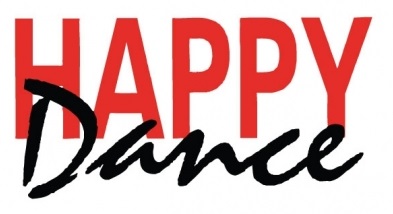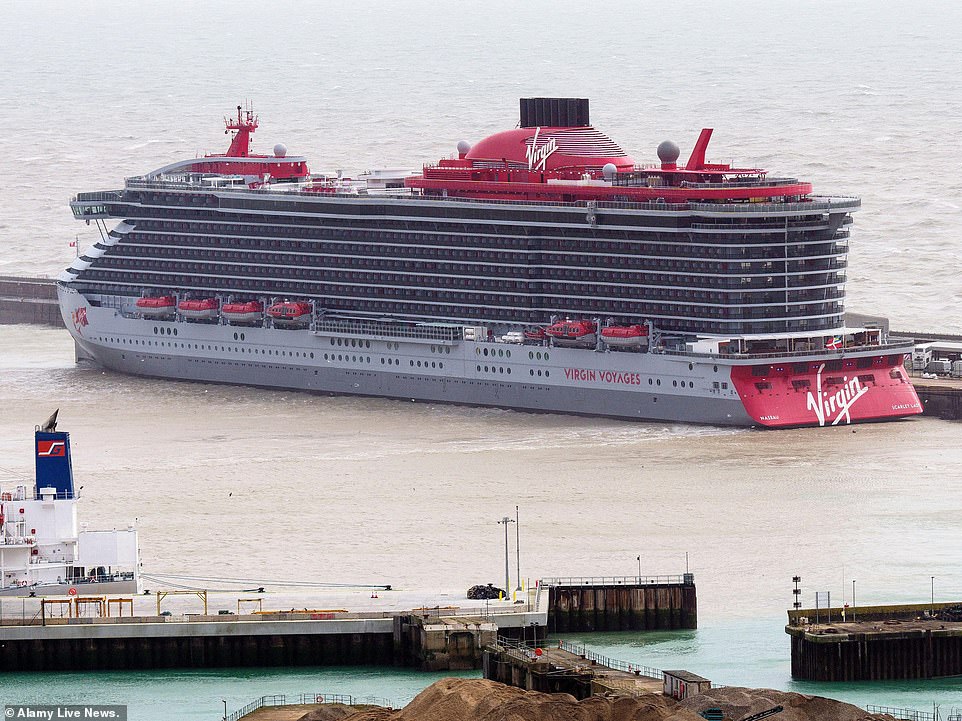Here’s an interesting one, and it leaves me curiously conflicted
A millionaire has revealed he refuses to help his struggling parents pay off their mortgage so they can retire because they wouldn’t invest in his fledgling company five years ago. The unnamed son, believed to be from the UK, explained on Reddit that he started a business in 2015, and his parents refused to invest £100 because they thought it would fail. However in the last couple of years it’s boomed – but the son, who earns ‘borderline seven figures a year’, remains bitter about his parents’ lack of support.
The son explained he quit his office job, which paid £26,000 a year, in order to start his business in 2015 – when his parents and siblings earned twice or triple what he made.
‘When I opened my business, I asked if they wanted to invest as little as £100 in it, no one did… My entire family thought that my business was going to fail, just like I failed my sixth form,’ he wrote.
However, the company turned out to be a success and the business boomed in 2018 and 2019.
The son wrote: ‘My parents still have around £200,000 in mortgage payments left and are about to retire. Yesterday at a family reunion, my aunt asked why I don’t help them out financially considering I make more in a year than they make in a decade.’
He said he told his aunt he did not want to help because his parents had shown no belief in his venture.
‘I also told her that my parents made more than enough to put aside some money each month towards retirement, but due to their unorganised spending habits they were living pay cheque to pay cheque every month. They were making TRIPLE what I was making when I was an office boy,’ he explained.
Here’s why I’m conflicted.
I myself couldn’t do this to my parents, because parents. (And if you need me to explain that rationale, you need help.)
On the other hand: one of my ironclad rules in dealing with people is this: I never forget an insult, and I never forgive an injury. I am the world’s best friend to have — I’ll do anything to help a close friend — but screw me over or betray my trust, and there is a good chance that I’ll never speak to you again.
So in that moral context, I can understand this young guy’s attitude towards people who didn’t help him on his way up, but I can’t forgive it. And here’s why.
What he seems to have forgotten is that if he’d never have been born, they could probably have paid off their mortgage long before now. But they had him, raised and nurtured him, and when he’d grown up, they let him go. All that stuff costs money, lots of it (as any parent knows).
But all that said, I have little sympathy for the parents now, because they had the chance to help their child — for a piffling amount of money — and refused. The essence of parenthood is to give, and give, and give — sometimes even when you can’t give any more, you still give. Because it’s your child, that’s why. Telling him his idea was dumb and he was going to fail (again) was a dick move — and now that he’s turned out for the better, they shouldn’t be surprised by his attitude — because they created it.
He’s angry at them for refusing to support him, and for insulting him by recalling past failures. The hurt goes deep, and I quite understand it. I still couldn’t do what he’s done, because the corollary to being a part of a family is that when you’re an adult, you support your parents — and give, and give, and give — sometimes even when you can’t give anymore.
That’s family, and family is the basic building block of a happy and well-ordered society.
A man stabbed his mother to death, and as she lay dying she saw the knife had turned in his hand and he’d cut himself. With her last breath she whispered, “Oh my son, bandage thy wound lest thou bleed to death.”
Parenthood.




